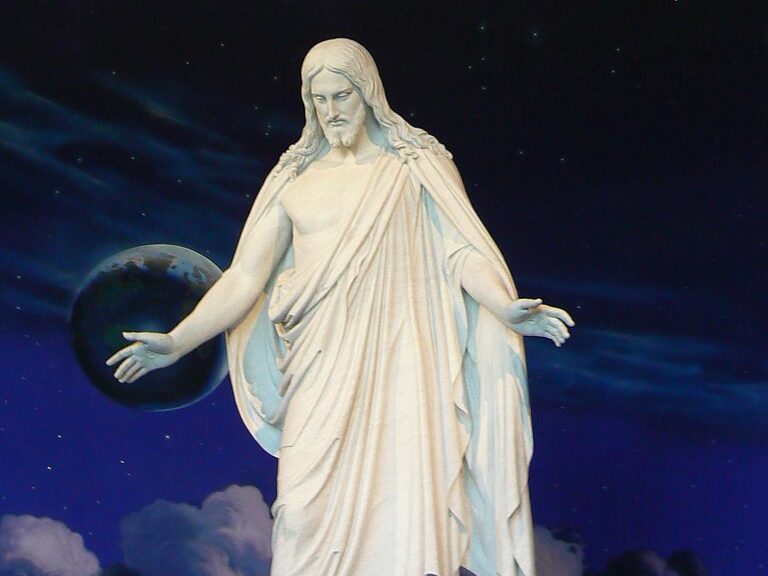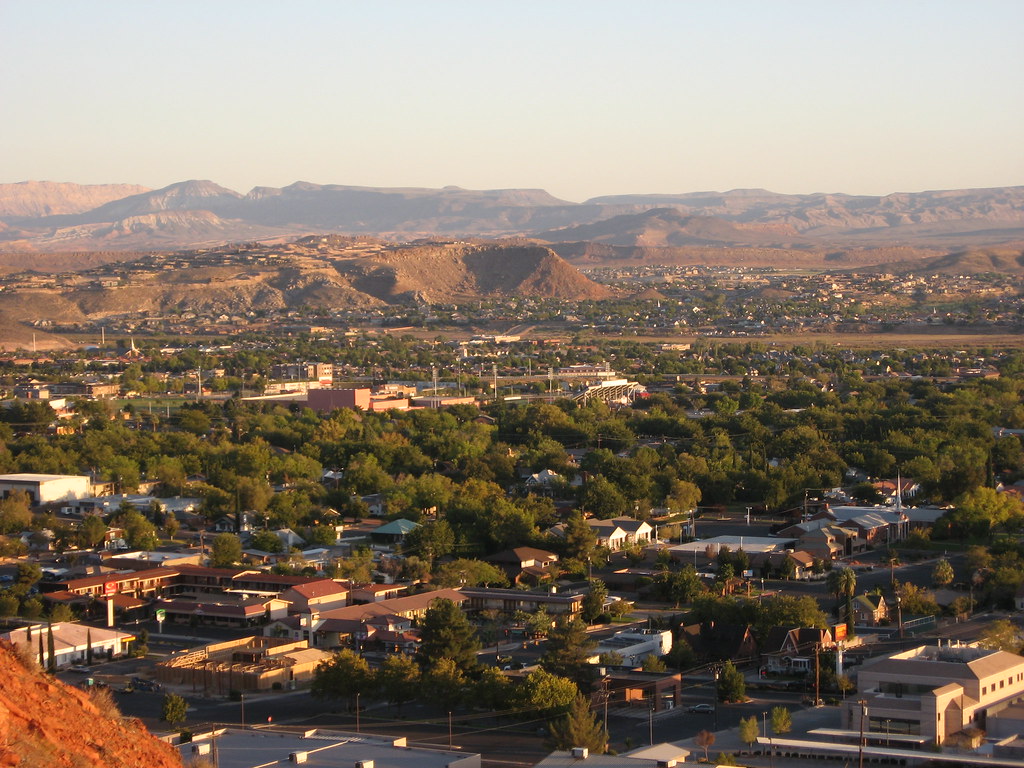
The Church of Jesus Christ of Latter-day Saints (whose members are referred to as Mormons) is a global faith with over 17 million members. If you’ve ever found yourself curious about their faith, that’s great! But before you start a conversation, there are a few things you should never say.
“How many wives do you have?”

This is the most overused question Mormons hear, and it’s based on outdated stereotypes. While it’s true that early members of the church once practiced polygamy in the 19th century, the LDS Church officially renounced it in 1890. Today, members who practice polygamy are excommunicated. Asking this question feels like you’re focusing on myths instead of understanding their actual faith.
“You’re not Christian, right?”

Mormons firmly identify as Christians and believe in Jesus Christ as the Son of God and Savior of the world. However, because they also follow teachings in the Book of Mormon alongside the Bible, some people question their Christian identity. To a Mormon, being called “non-Christian” can feel like being told they don’t belong to the group they hold sacred.
“Can you drink coffee or tea just this once?”

The Word of Wisdom is kind of like a health code Mormons follow that guides them to avoid coffee, tea, alcohol, tobacco, and harmful substances. For them, it’s a spiritual commitment, not just a dietary preference. Suggesting they break it, even as a joke, can make them feel like you don’t respect their personal boundaries. Plus, the rule doesn’t mean they can’t enjoy hot drinks—hot chocolate is often a favorite!
“Do you believe in weird, made-up stuff?”

What’s “weird” to one person might be deeply meaningful to another. Mormons believe in modern-day revelation and that their prophet receives guidance from God. Mocking their beliefs as “weird” can shut down what could have been an interesting conversation about their theology, which includes some very unique ideas about eternal life, family, and spirituality.
“Why don’t you celebrate Christmas?”

This question will likely surprise any Mormon because Christmas is a significant holiday in their faith. In fact, their celebrations center on Christ’s teachings, service, and family gatherings. Many Mormon families have very unique traditions, such as reading a Christmas story from the Bible and the Book of Mormon. Assuming they don’t celebrate Christmas shows that you don’t know about their deep connection to Christ’s birth.
“You’re just part of a cult, right?”

You will definitely offend Mormons by saying this. While the LDS Church started with a small group of followers in the 1800s, it has more than 17 million members across the world today. They have structured organizations, community service initiatives, and temples in many countries. Referring to them as a “cult” minimizes its cultural, historical, and spiritual importance.
“Do you all live in Utah?”

Yes, most do. Utah is known for its high Mormon population, but over half of the church’s members live outside the United States. In fact, Brazil, Mexico, and the Philippines are home to some of the largest Mormon communities. This question also ignores the diversity within the church, which includes members of different races, languages, and backgrounds.
“Why are you so strict with everything?”

What’s wrong with that? Mormons value discipline in certain areas of life, such as health, morality, and service, but that doesn’t mean they lead joyless lives. On the contrary, their focus on family, fun, and community activities means their lives are often rich with meaningful experiences. Church-organized dances, sports leagues, and game nights are common in these communities.
“Are you Amish?”

Nope, they’re not! While both groups are religious minorities, their lifestyles couldn’t be more different. Mormons use modern technology, wear regular clothes, and are fully part of today’s society. Maybe you confused them as Amish because of how they focus on family, faith, and community. But trust me, these two religions are worlds apart, and it’s worth knowing the difference.
“You don’t believe in science, do you?”

One can have faith in god and science at the same time. Mormons see no conflict between faith and science. In fact, many prominent scientists, doctors, and engineers are LDS members. The church’s teachings encourage education and intellectual growth. Brigham Young University, a Mormon institution, is well-known for its strong research programs, proving that science and spirituality can coexist.
“Aren’t women treated poorly in your religion?”

This idea probably comes from the fact that only men hold the priesthood in the LDS Church. But that doesn’t mean women aren’t actively involved. Take the Relief Society, for example—it’s one of the oldest and largest women’s organizations in the world! Many Mormon women feel empowered by their faith and make a huge impact in their communities.
“Why do you believe you’ll get your own planet?”

This idea often gets distorted in pop culture and isn’t actually a teaching of the LDS Church. What Mormons believe is that families can be eternal and that people have the potential to grow spiritually and become more like God. While it’s a fascinating concept, the “planet” idea isn’t central to their doctrine.
“So, you don’t believe in the Bible?”

This couldn’t be further from the truth. The Bible is considered sacred scripture by Mormons, and they study it along with the Book of Mormon. They believe both books complement each other and provide a fuller understanding of God’s plan. If you ever attend a Mormon service, you’ll hear sermons referencing the Bible frequently.
“Are you allowed to date?”

While someone’s dating life should not be your concern, if you’re curious—Yes, Mormons date just like anyone else. However, many of them follow guidelines like avoiding dating too early (typically before age 16) and focusing on wholesome, meaningful relationships. These practices are meant to help them avoid casual or harmful situations and prepare for long-term commitments like marriage.
“Why are you always trying to convert people?”

Missionary work is an integral part of Mormon life, but it’s not about forcing beliefs on others. Mormons view it as an act of love—sharing something they hold dear. Missionaries spend years learning languages and cultures to connect with people respectfully. Even if you’re not interested, they’re usually happy to share a little about what drives their faith.
